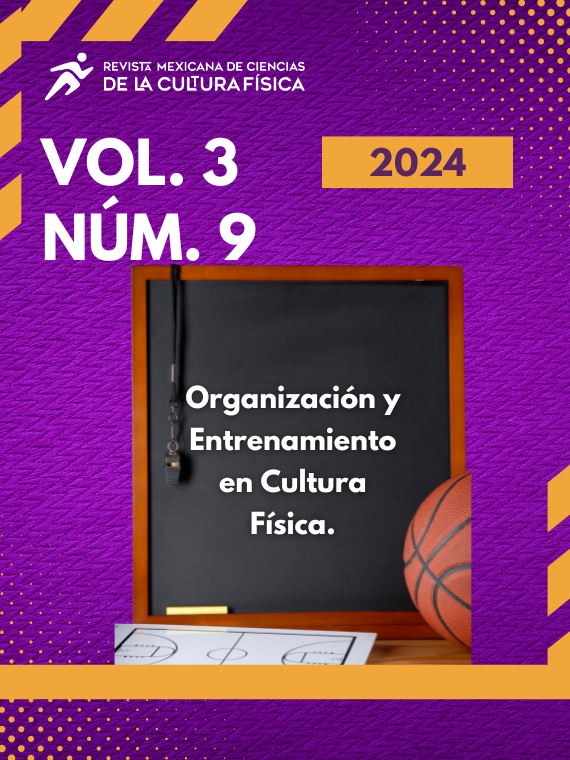College work of a Curriculum Reform Committee from the Circle of Innovation - Bachelor's Degree in Physical Education
DOI:
https://doi.org/10.54167/rmccf.v9i3.1562Keywords:
Teamwork, creative profiles, decision making, physical education, teachersAbstract
Educational institutions, from the global production of knowledge, recognize the need to integrate highly effective teams, in the field of planning, implementation and evaluation of study plans, the effectiveness of these teams is a key factor for quality assurance in the training of university students. A qualitative study of a Curricular Reform Committee. The Creative Problem Solving Styles Inventory was applied to a team of 17 teachers. The study carried out determined the creativity profile of each participant in their creative performance for decision-making in each phase of a problem-solving process within the framework of teamwork (collegiate). It was found, among the committee members, that the most dominant profile in its dimension (D1) was that of optimizer, with 35%, followed by the creative profile of implementer with 28%. While the idea generating profile was reported with 28%. It was possible to identify that the conceptualizer profile was found to have its lowest percentage, just 9%. The study allowed the team to recognize how creativity operates according to the cognitive demand of the tasks aimed at making collegiate decisions in curricular approaches, identify strengths and areas of opportunity in the team, to promote a healthy work interaction, of respect in the sense of recognizing the profile of each of the members in the relevance of assigning tasks.
Downloads
References
Alcaraz, R.E. (2017). Liderazgo para el éxito: equipos de trabajo altamente efectivos. https://bit.ly/3KytQZ2
Arrea, C. (2016). Más sobre el trabajo en equipo. Acta Médica Costarricense, 58(3), 96-99. https://bit.ly/4bI3kse
Basadur, T., Beuk, F. & Monllor, J. (2017, August). Regulatory fit: how individuals progress through the stages of the creative process. In Academy of Management Proceedings, No. 1. 1-6. https://doi.org/10.5465/ambpp.2010.54501129
Diaz, G.S.E. y Santos, O.C. (2021). El trabajo colegiado remoto y la gestión académica de dos instituciones educativas públicas, distrito de San Juan de Lurigancho-Lima, 2020. Revista Igobernanza, 4(15), 122-142. https://doi.org/10.47865/igob.vol4.2021.130
Glinz, P. (2015). Un acercamiento al trabajo colaborativo. Revista Iberoamericana de Educación. http://repositoriorscj.dyndns.org:8080/xmlui/handle/PSCJ/851
Gutiérrez, E., y Sánchez, A. (2022). Clima escolar y trabajo colegiado en una modalidad virtual en una institución educativa pública. Revista de estudios y experiencias en educación, 21(45), 168-182. https://doi.org/10.21703/0718-5162.v21.n45.2022.009
Martínez, J.I, Ramírez, A. y Ramírez, J.P. (2019). Experiencias del trabajo colegiado en la Universidad Autónoma de Nayarit: una mirada desde las academias. Revista Digital de Divulgación e Investigación Turística. KIKAME, 7(7), 55-70. https://www.researchgate.net/publication/338594655_
Meneses, R. y Navarro, J. (2015). ¿Cómo mejorar la eficacia de los equipos a través de los procesos grupales? Un ejemplo en la industria automotriz. Papeles del Psicólogo, 36,(3). 224-229. http://www.redalyc.org/articulo.oa?id=77842122008
Revelo-Sánchez, O., Collazos-Ordoñez, C.A. y Jiménez-Toledo, J.A. (2018). El trabajo colaborativo como estrategia didáctica para la enseñanza/aprendizaje de la programación: una revisión sistemática de literatura. TecnoLógicas, 21, (41). 115-134. http://www.scielo.org.co/pdf/teclo/v21n41/v21n41a08.pdf
Downloads
Published
How to Cite
-
Abstract74
-
PDF (Español)65
Issue
Section
License
Copyright (c) 2024 María del Carmen Zueck Enríquez, Humberto Blanco Vega, Gabriel Gastelum Cuadras, Juan Cristobal Barrón Lujan, Ma. Concepción Soto Valenzuela

This work is licensed under a Creative Commons Attribution-NonCommercial 4.0 International License.













